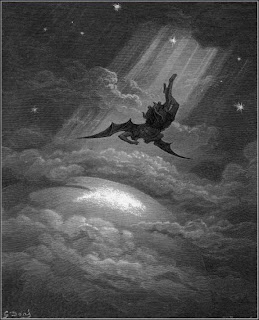I feel like I've been improving, slowly, but surely. As for as organizing my papers, I feel think I'm getting the hang of it. I just need to remember each paragraph needs, in order, rationale/examples, examples, then analysis. In my beginning papers I know the focus got a little confusing, but by paper 3, I was at least able to identify what exactly I needed to do to change the paragraphs to fit the correct style. This all goes hand-in-hand with the flow of the paper. I believe my introductions and conclusions "start" and "end" my papers much better than they used to.
2. At this point, what would you say are your strengths as a writer?
I focused a lot on the "why" of my topic in paper 3 which I feel is a great improvement and something I was on the verge of conquering. I also spend time making sure I address my audience and never sound one-side in any argument I present. I talked about curiosity in that first post, and looking back it reminds me of how intriguing I found my paper 2 that I wanted to go further into it and develop paper 3 from that!
3. What do you need to improve in your writing in the future?
Structure, Structure, Structure. Forming my paragraphs as neatly as possible is very important. Also, providing sufficient details and examples to back up my rationale is something someone can always improve on. My problem is sounding too repetitive trying to shove in all these reasons "why" that I disrupt the flow of the paragraph's structure. I feel like this is something I will always need to keep in the back of my head before, after, and during writing. Once I master structure (eventually), the style of my writing will be more evident. In getting my point across as directly and persuasively as I can, the tone will come across much better too.
This tandem has really been a unique experience. I've never been in a class so small - who would have thought it'd be in college! I've loved learning about different women and men in the spaces they inhibit and using similar concepts to create digital pieces in 2D. As a nursing major my schedule is pretty tight, but I was thrilled to find a W course that also let me incorporate art. I've had a blast in both 2D and HUST and am sad to see the semester end!

